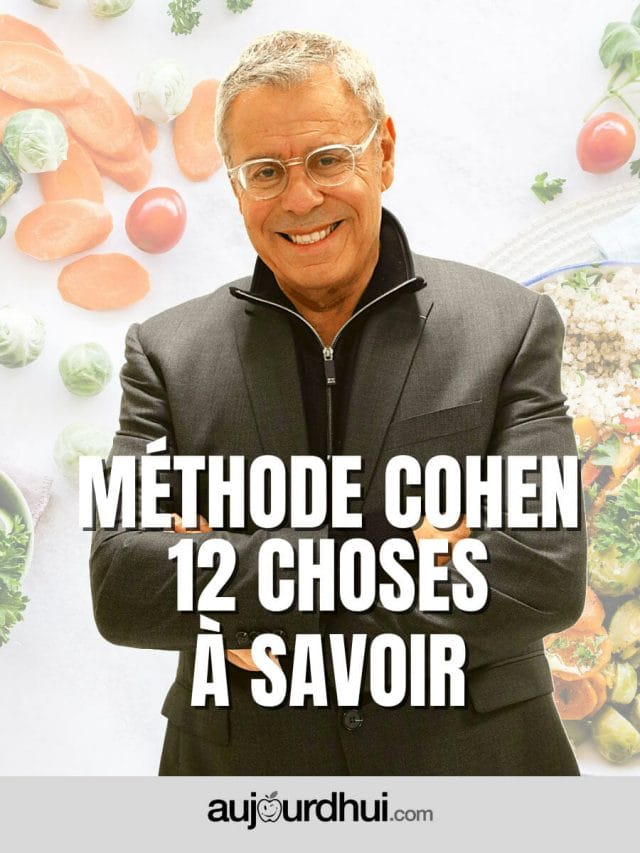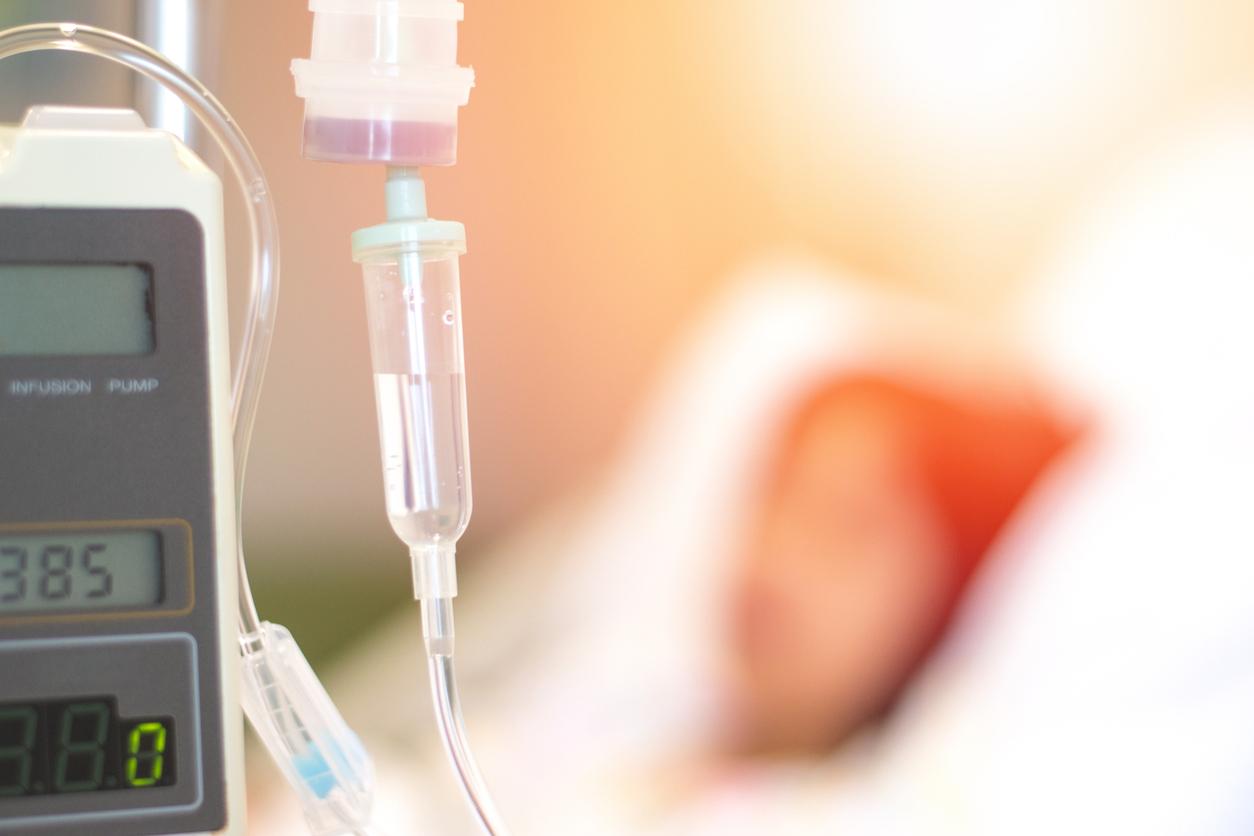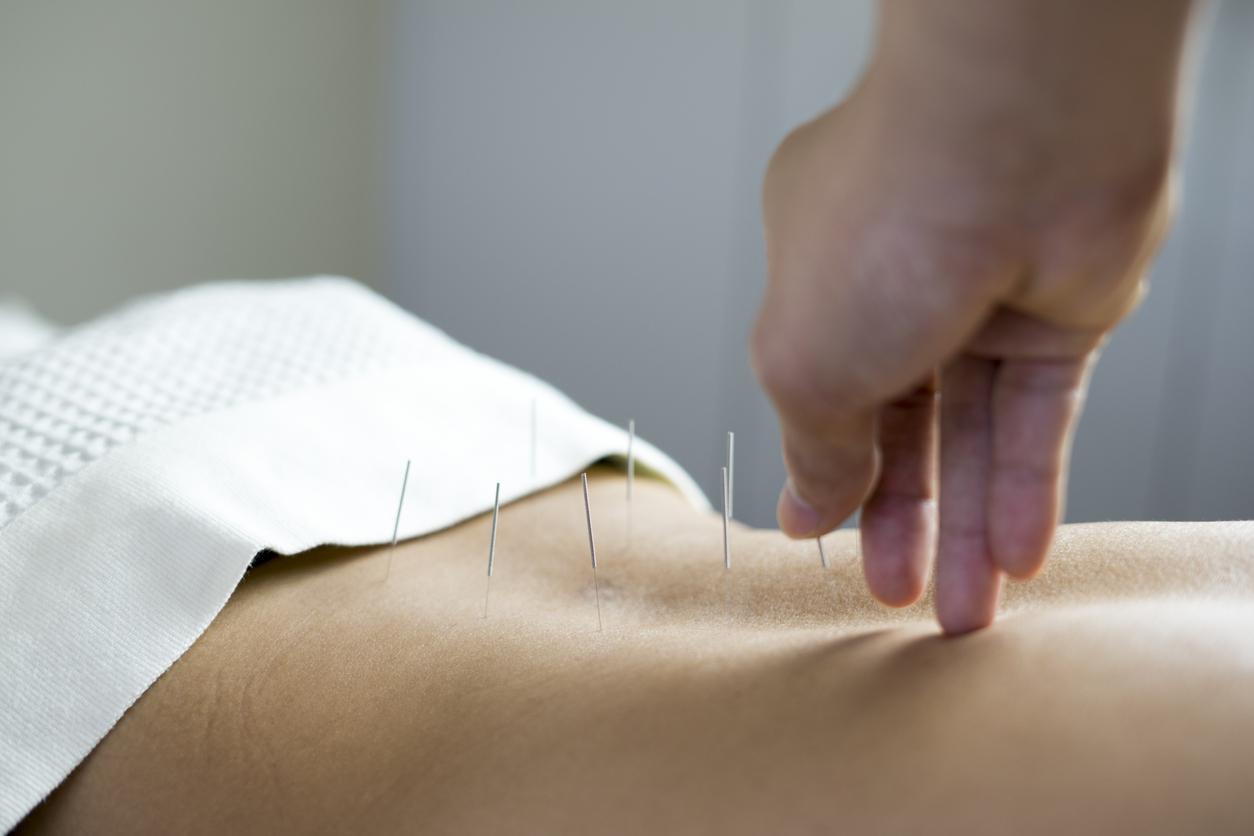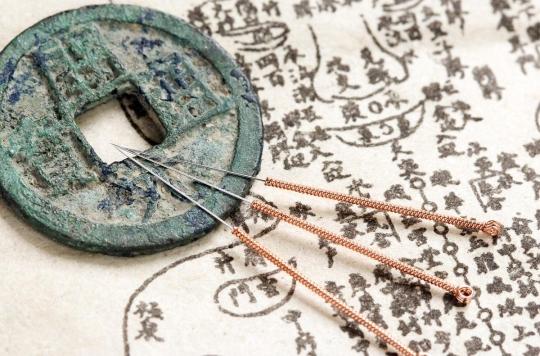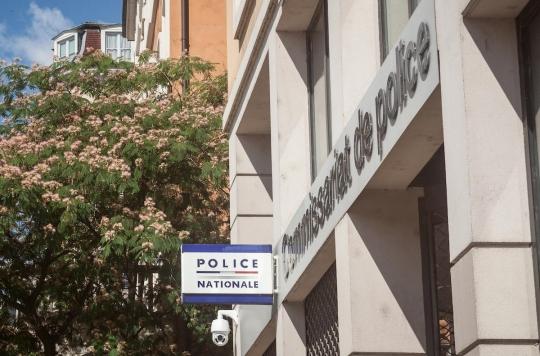Acupuncture, homeopathy, sophrology … 124 doctors and health professionals sign a “vitriolic” forum against alternative medicines, deemed “expensive and ineffective”. Gentle care methods which are nevertheless popular with the French, but which it is certainly necessary to supervise. A debate which is not new but which divides doctors.

“Pseudo-medicines”, “fanciful promises”, “illusory efficiency” … These expressions are used to talk about alternative medicines in a forum published in Le Figaro. 124 health professionals and doctors are at the origin of this text.
They want to warn about these alternative medicines, which they deem ineffective. The signatories are calling for measures to no longer recognize these practices, no longer teach them, and force health professionals to deviate from them. Radical measures for treatments which do not however deserve such “hatred” and with which many patients are satisfied.
It is this observation, in everyday life, which irritates those who today do not want to feel guilty and ostracized from medicine by colleagues who are a little peremptory in their conclusions. “Evidence-Based Medicine”! In the name of this slogan which dominated medicine in the 2000s, some doctors want to strike out practices which, to their taste, are slow to be banned. En fact all do not have to be stored in the same bag of anger; just as their use is to be supervised.
Homeopathy, reimbursed, perhaps ineffective, but not useless.
Among the practices targeted by the signatories, homeopathy is one of the most criticized. The “124” deem it “costly for public services” and based “on beliefs promising a miraculous and safe cure”. Homeopathy is partially reimbursed by Social Security, up to 30%. This represents an annual cost of around 50 million euros. Several scientific studies show, however, that these treatments would only have a placebo effect.
But you should know that if the Health Insurance continues to reimburse these drugs, it is for a reason … of economy. A difficult debate to put in the public place, because it should remain between doctors. The reason is not necessarily very noble, but it is pragmatic. In France, patients find it difficult to leave the doctor without a prescription.
Prescribing these alternative therapies would make it possible to avoid prescribing “real drugs”, more expensive … and especially more dangerous sometimes. Generally speaking, boxes of homeopathic granules cost between one and two euros. And if homeopathy is not effective, at least the doctor is guaranteed no harm. “Primum non nocere”; “first do no harm” proclaimed Hippocrates, the glorious ancestor of all physicians, 2000 years ago
VIDEO. Doctors go to war against alternative medicine. As a reminder, there are officially four complementary medicines recognized by the Council of the Order of Physicians: homeopathy, acupuncture, mesotherapy and osteopathy.https://t.co/6smS1n2kd8 pic.twitter.com/ZBOgUjwlNK
– franceinfo plus (@franceinfoplus) March 20, 2018
Supervise practices
In fact the real problem is, as always, the drift of practices. The excesses are on both camps; with more risk in that of the doctors who advocate the excessive use of alternative medicine. They can indeed cross the limit of dangerous prescribing by preventing the use of effective treatments for serious illnesses.
But 40% of French people have already had recourse to alternative or complementary medicine according to the Order of Physicians. If these medicines are useful to them, why prohibit them, it is however necessary to supervise them. A detailed clinical examination and the necessary additional examinations must be prescribed to rule out a disease which would require specific treatment.
And it is absolutely necessary to avoid any risk of interference with allopathic treatments. In fact, all alternative medicines are not compatible with certain treatments, and especially they should not replace drug treatments when they are necessary.
Watch out for interactions
Last December, the French-speaking association of supportive oncological care (AFSOS), which recognizes the use of these treatments by cancer patients, published a guide to the use of herbal medicine for health professionals. Because for cancer patients, herbal medicine should be used with caution. Some plants are very useful, but you must watch out for possible interference with treatments.
For example, soy is a food supplement to avoid in case of breast or uterine cancer. It is said to be “estrogen like”, it behaves like this hormone; which can worsen tumors, which depend on hormones. So alternative medicines, yes why not, but we need to better supervise them, better inform patients, in order to avoid bad practices.
And let’s not forget that some of these medicines owe their popularity to the unfortunate expressions of many doctors – not yet totally disappeared – like “condemned”, “there is no cure” “nothing can be done”. A vast debate!
In the end, on the contrary, it is better for these treatments to be prescribed by health professionals than by people without knowledge of the diseases. At least, doctors have an obligation of means vis-à-vis their patients … and they are responsible before the courts in the event of an error.
.




